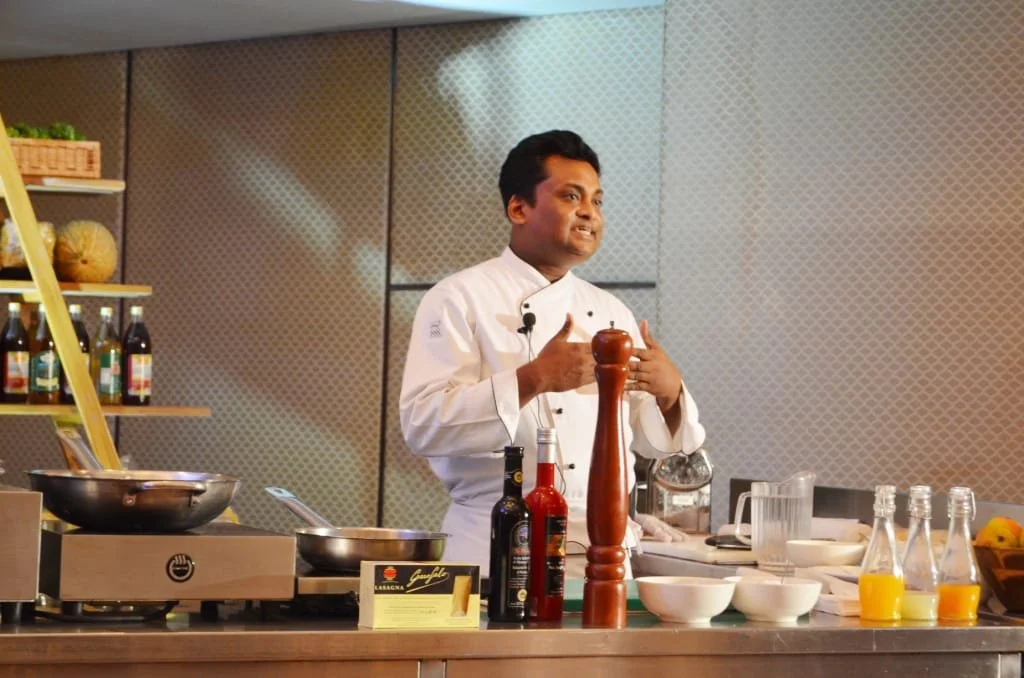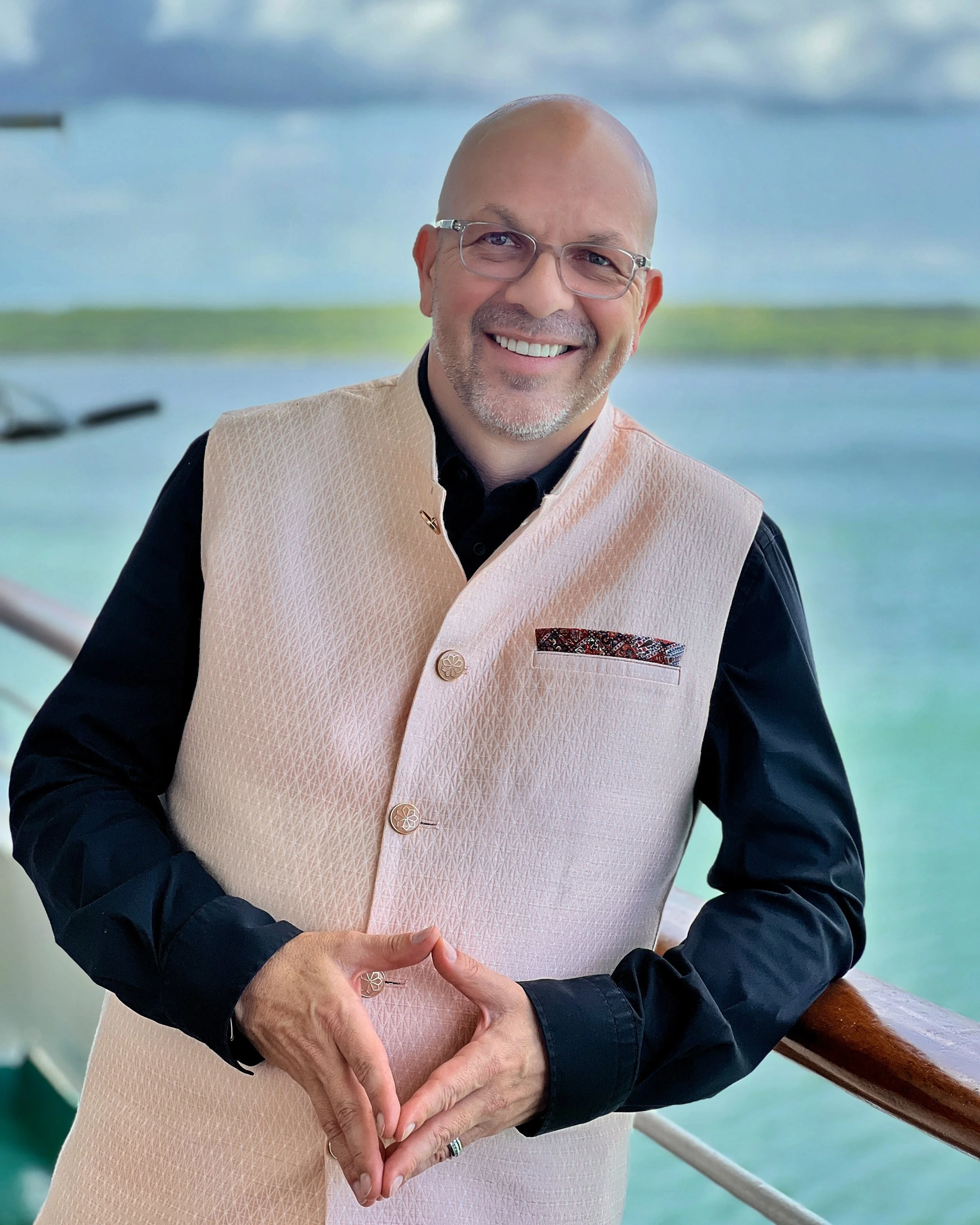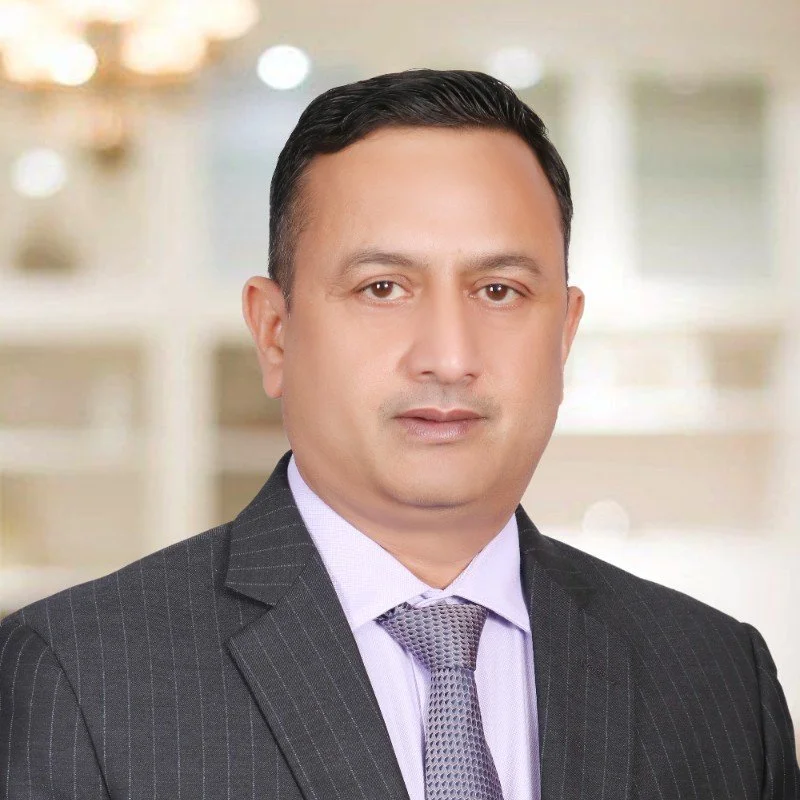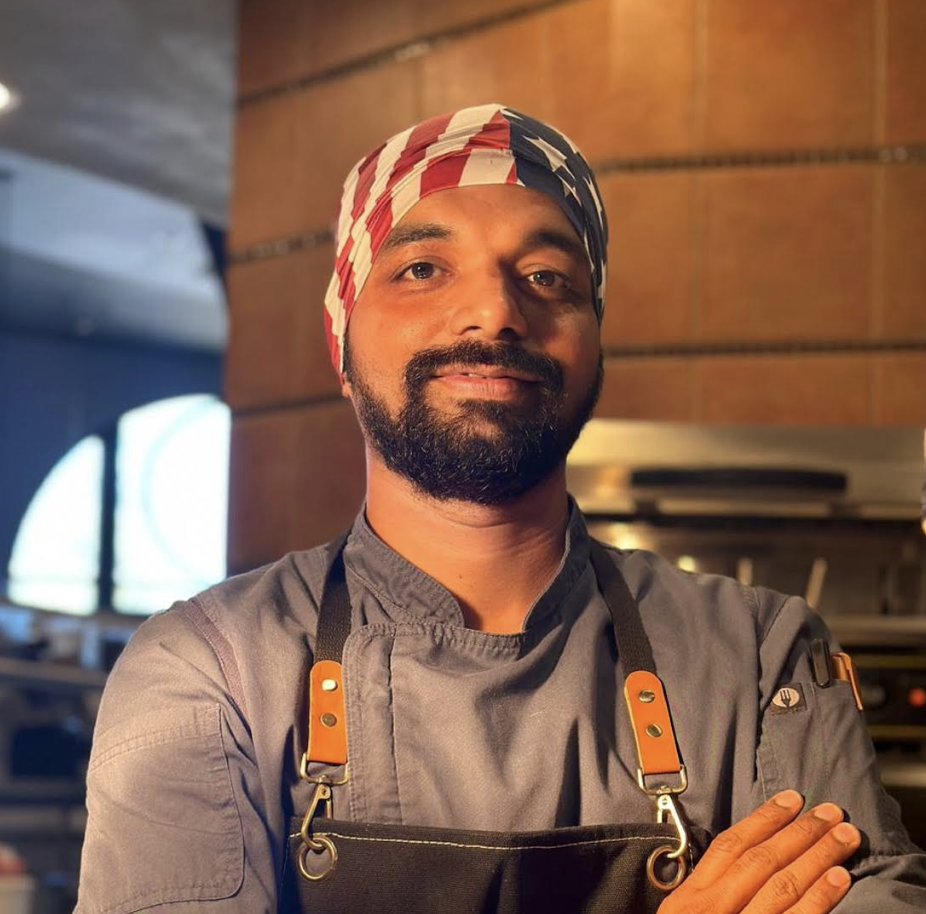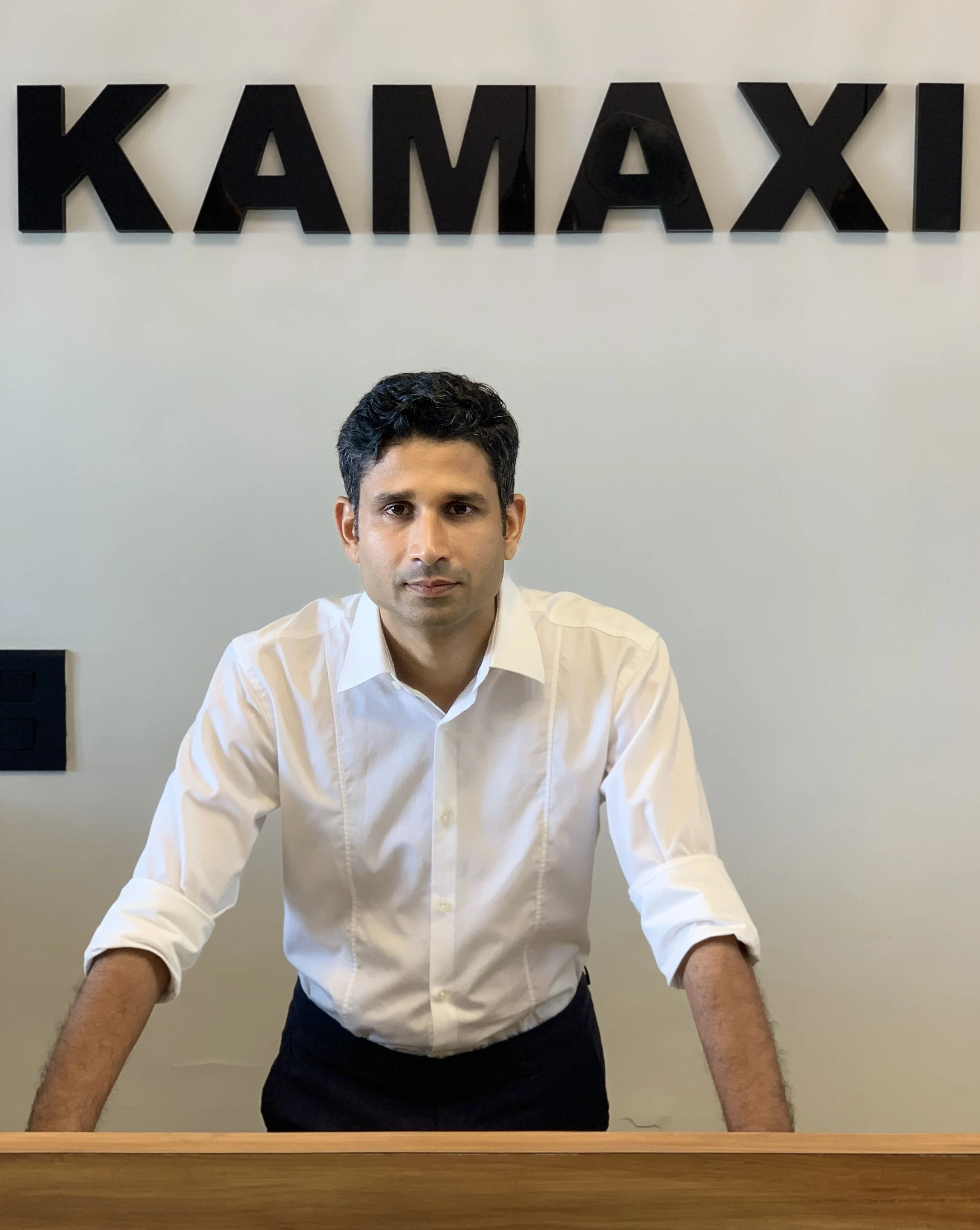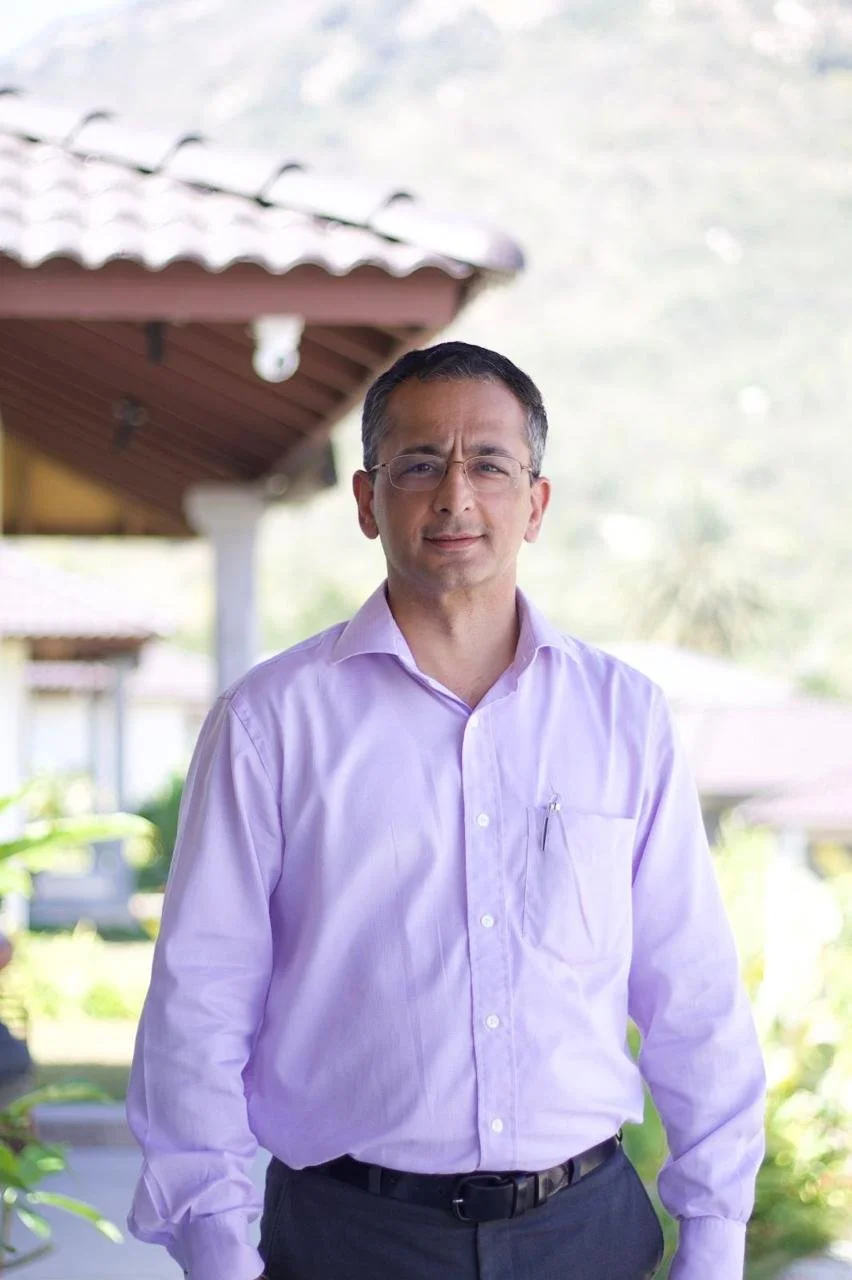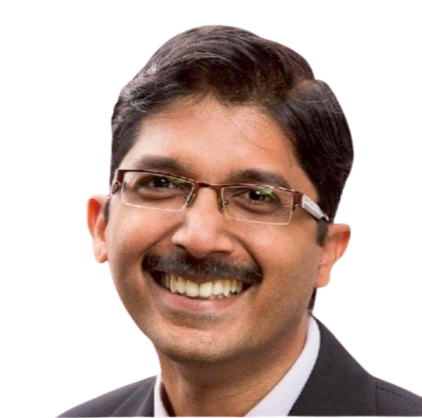Tell us about your journey. How did it all start?
In my almost 10 years of experience in the craft brewing industry. I have a master’s in brewing from VSI, Pune. I have worked with various breweries across Bangalore and Pune. I started my career as an assistant brewer in an Irish village brewery, in Pune.
Which one thing makes you curious about the brewing industry?
Hmm, there is nothing to be curious about the brewing industry, all breweries make great beer.
What obstacles have you faced so far in your 9 years of journey and how do you deal with it?
Oh yes, how the journey became successful without obstacles. As I say brewing is a science plus an Art, so in all years facing so many obstacles came in brewing like troubleshooting problems, beer making according to the consumer’s palate, and brewing with fruit-based (sour beers). But every day is a new day you will learn something, it's only possible because of teamwork and if you have good mentors.
What are the attributes you look for while selecting or hiring? If someone wants to work with you, what should they do?
They should first be from a Science background because brewing is a science plus art, they should know about basic brewing knowledge.
Which one skill a brewer needs to have in the brewing industry according to you?
Brewers should be passionate about brewing and creating something new.
What is the uniqueness of Gold Rush Brewery?
So here we are making the finest craft brews like German Hefeweizen, American pale ale, Belgian tripel, and Munich Helles lager(Oktoberfest) using imported high-quality raw materials as well as serving delicious food.
What is the main Idea behind this Cowboy theme in Gold Rush Brews?
Keeping clientele satisfaction and authenticity as their topmost priorities, as one walks into the premise, they would be truly amazed by the vast greenery in the middle of the city. There are several types of settings to entertain all groups of clientele. When it comes to the food, starting from the appetizers to desserts, everything will satisfy all the human elements like smell, taste, and vision. The goal of the Gold Rush is to correctly capture the mood of those happy times and the delicious meals that went along with it. A place where one can feel confident enough to be oneself and let their guard down.
Two things you would like to change in the industry.
If you ask me that, I can say the industry is changing so fast because when i started brewing there were few breweries across India and now in small cities also breweries are opening. We just share the proper beer knowledge to the consumers.
What advice would you give to a young, aspiring hotelier for their internship?
If anyone is really interested to learn about brewing you can do it but do it with passion & creativity.
What is your favourite question for a candidate interview and why?
Why do you want to become a brewer? I've always wanted to combine my love of art with science, and my preferred beverage is a fine beer. I started the voyage out of a desire to learn more about brewing. Every batch of beer I produce has my heart and soul in it to the very core. I plan to continue evolving as a brewer. Observing the smile on my guest's face makes me feel satisfied.








